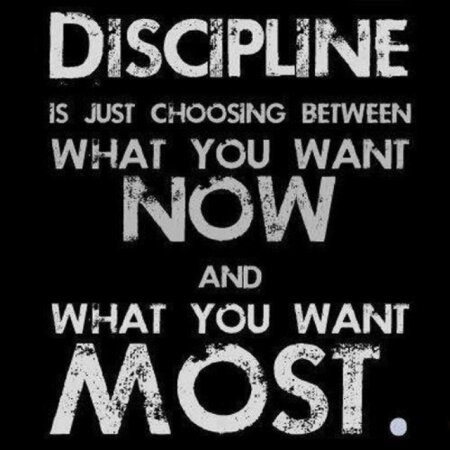Students in the BA Advertising PR and Branding at Middlesex University recently benefited from a guest lecture by Malcolm Allan, President of Bloom Consulting, who delivered a passionate clarion call to the young professionals to put sustainability and climate change mitigation strategies at the heart of their future place brand strategies. As part of a third year Place Branding and International Diplomacy module taught by Dr Giannina Warren, the students learn about how to research, conceptualise and develop a place brand strategy. They are expected to work within existing geo-political structures and take into consideration real-world challenges that place brands face when developing their final place brand strategy for credit on the course.
Central to the challenges facing place brands globally is the climate emergency, coupled with climate change denial that still exists in many parts of the world. According to Allan, this has a compounded effect on place brands -- a failure to properly integrate sustainability and climate mitigation strategies into a place brand strategy will have long term negative consequences on place perception, place reputation, and can damage prospects for investment, retention and attraction of people, businesses and tourists unless profound and lasting action is taken to lessen the clear and present danger that climate change represents.
The guest lecture clearly laid out in grave detail both the threats, as well as opportunities facing future place branders. Allan was clear that place branders need to take a lead in ensuring that places takes these threats seriously, and offered clear guidance to the students, along with inspiring case studies, that they might consider creative, innovative and more sustainable ways to rethink tourism and economic development in their promotional efforts.
The students were impressed by both the passion and the breadth of knowledge Allan demonstrated in the presentation, citing especially the suggestions to consider public/private partnerships, community collaboration and initiatives such as transport innovations and eco-tourism as inspiring them to think differently about their own strategic place branding campaigns, as well as guiding their thinking about the centrality of sustainability in their own career aspirations going forward.
One student, Sunny Thakur, an international student from India, shared this afterwards: 'The climate catastrophe is at forefront of every corporation and political organisation. Malcom highlighted for us that nations, brands and other organisations might plan some CSR activities but the issue needs special attention and strategy. Marketing, communications and place branding professionals hold a crucial role in shaping the culture of incorporating sustainability in tourism and place branding. The insights by Malcolm on the need for new departments within every organisation focusing on sustainability was very helpful. Also these departments should collaborate and work in line with a single strategy. His vision and knowledge has helped me shape my place branding project and I'm really grateful for the time and energy he gave us.'
Inspiring the next generation of place branders to put sustainability at the heart of their profession is a passion project of both Bloom Consulting and Middlesex University, and Giannina and Malcolm are proud to be at the forefront of these discussions with students, collaborating to both inform and inspire those professionals who can leverage these insights in their future careers, having a positive impact on the reputation, offer and brand story of the places they might one day represent.











